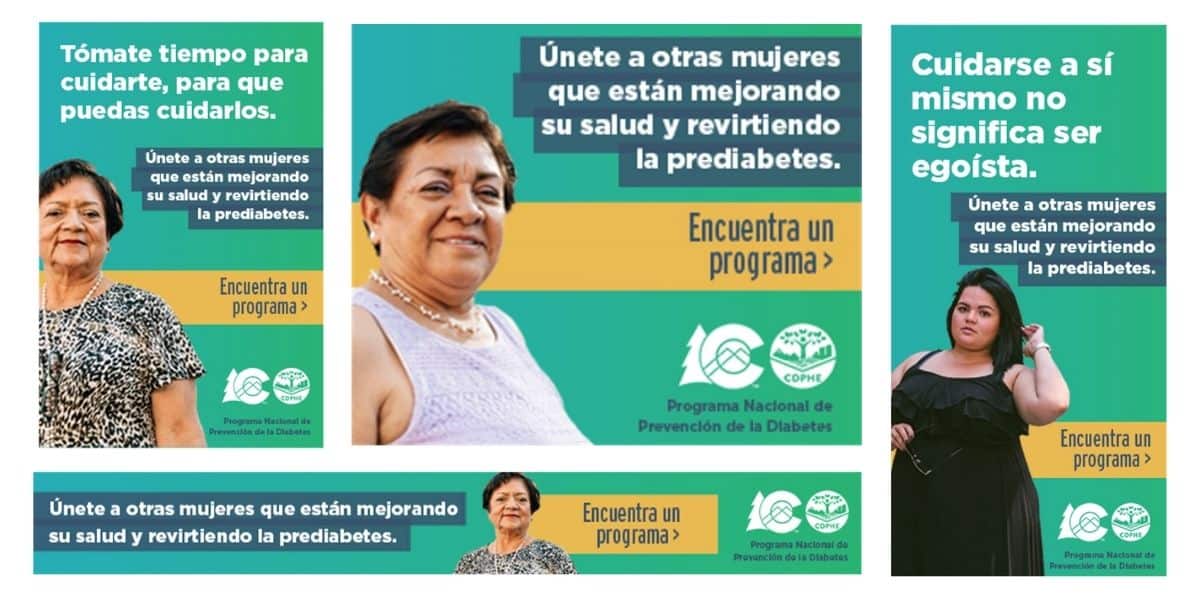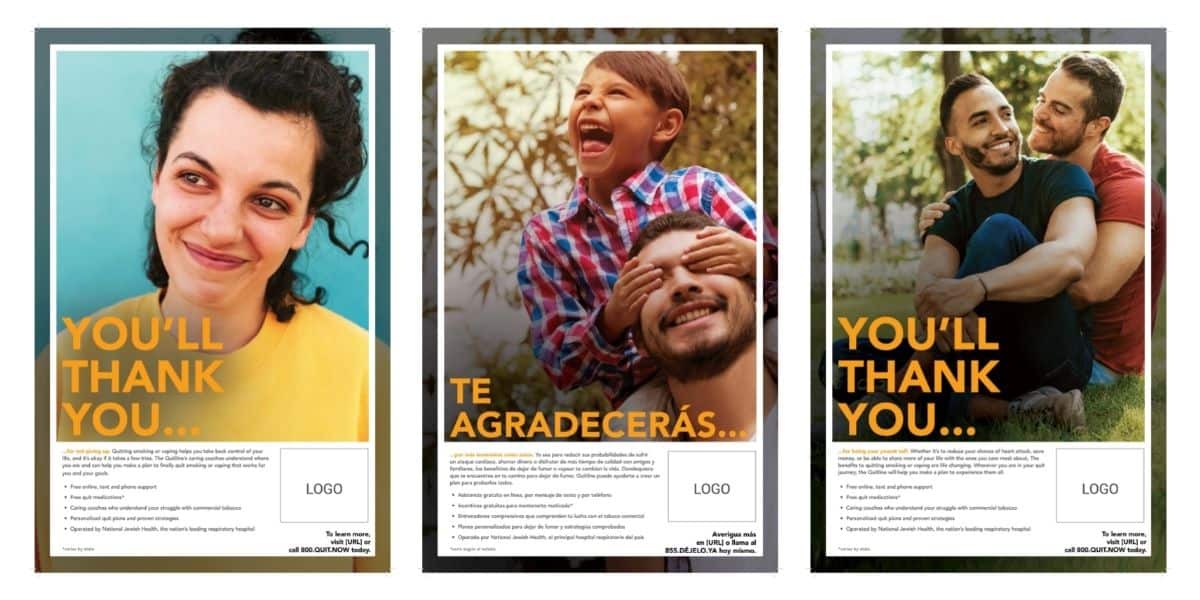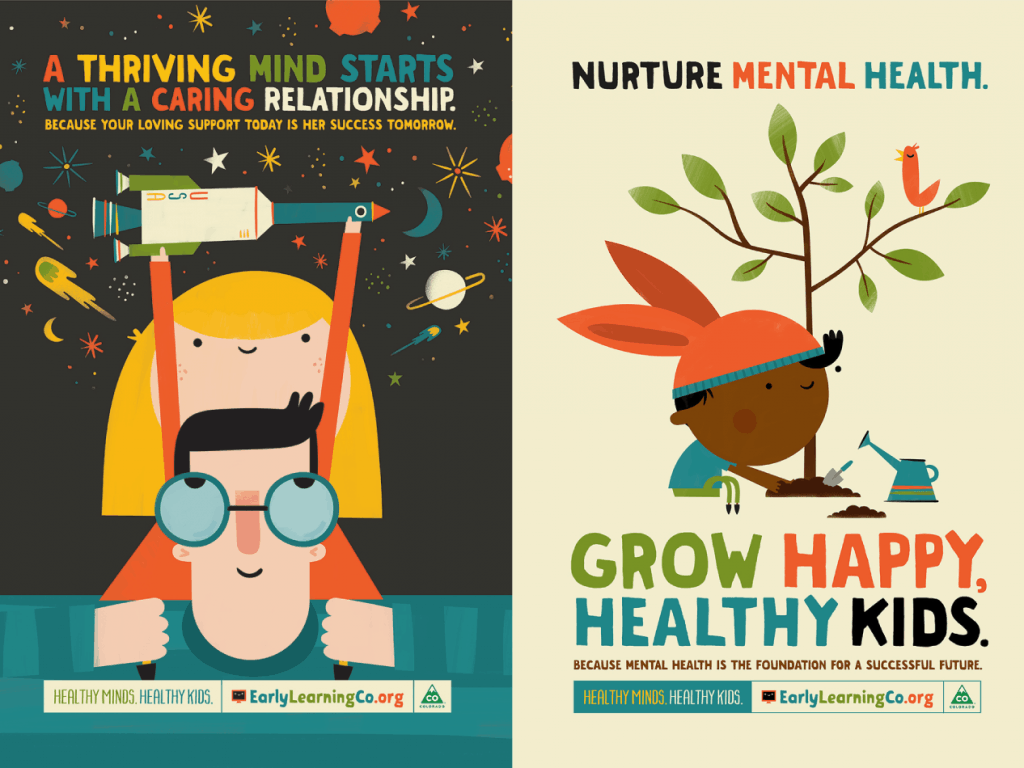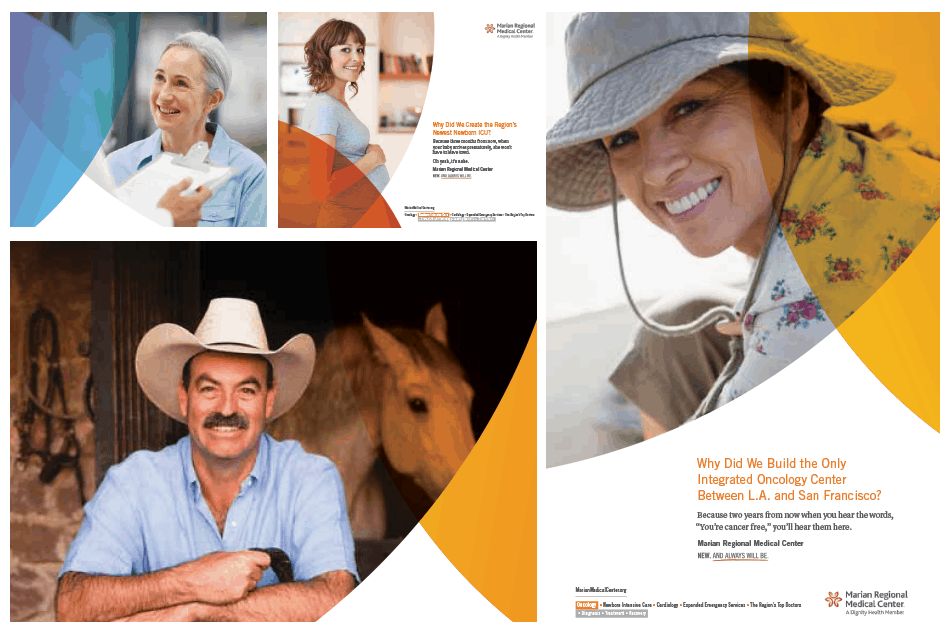In recent years there’s been a fitting shift in communications towards more directly engaging communities. However, there is still a lot more work to do engaging more authentically and deliberately with diverse communities, particularly the vibrant and small yet mighty Black Coloradan community.
How can we engage this community, and why is it crucial? We interviewed a diverse group of Black communication professionals in Colorado who offered their perspectives on how uplifting Black narratives fuels transformative change.
Why is it crucial to actively engage with communities, especially the Black community?
Albani Berryhill, Communications Partner at Caring for Denver Foundation: Actively engaging is not just a checkbox; it’s the heartbeat of progress. Ensuring that diverse voices are heard, embraced and represented is crucial for fostering positive change. By not immersing ourselves in the rich tapestry of the Black community, we’re missing out on key voices and stifling the true potential of our work. It’s about embracing the multitude of beautiful, unique, and nuanced experiences within the Black community. We have to meet the Black community where we are, collaborate authentically, and recognize that together, our strength knows no bounds.
Dianne Myles, CEO/Executive Producer at Dope Mom Life: It allows for establishing genuine relationships. Engaging in a culturally responsive and respectful manner demonstrates that the work being done is not performative. I’ll never avoid this conversation; authentic engagement should be the standard, not the rule. Organizations must demonstrate that their efforts are not just for appearance or to check a box but because they genuinely care. The authenticity of the relationship, or lack thereof, will always be apparent.
Sylvia Lambe, CEO at Lambe PR: Actively engaging with Black communities is about building and sustaining connection, understanding, and trust. As humans, we value authentic representations of ourselves. That is why it is important to authentically thread diversity, equity, and inclusion into communications and brand stories to reflect the Black experience in meaningful ways.
In one sentence, can you tell us why communications professionals should prioritize authentic community engagement?
Albani: Neglecting authentic community engagement is a disservice to you, your efforts, and the community; it negates the very essence of communication, denying both yourself and the community the transformative power of genuine connection that ensures active alignment with community needs and fuels positive change.
Sylvia: It fosters trust, ensures relevance, and amplifies diverse voices, ultimately leading to more impactful and meaningful connections between brands and their audiences.
Tasha Jones, CEO/Founder at LV Jones Consulting: It ensures that our communications resonate deeply, reflect diverse perspectives, and are backed by metrics that prove a commitment to the Black community.
Benny Samuels, President at AYA Foundation: The only way to reach people, facilitate behavior change or action is to be authentic — it has to mean something to the communicator for him/her/they to be able to make it mean something for others.
How are you uplifting Black voices in your communications and/or creative work?
Albani: In my role, I connect Black peers with resources, identify funding opportunities for Black organizations, and ensure Black voices shape grant-making decisions. I‘m dedicated to elevating Black voices in every facet of our work, recognizing their essential contribution to our community.
Benny: We tell stories that emphasize people’s brilliance and their uniqueness in this world.
Dianne: I’m a Black woman in media; we make up less than 4% of the media industry. Having my voice at the table will always change our community’s narratives and how we are represented.
Sylvia: Actively selecting clients whose core missions and activities celebrate, liberate, and engage the African American community, ensuring that their stories, perspectives, and contributions are authentically represented and respectfully showcased. We amplify the voices of the Black LGBTQIA2+ community, honor Black resilience and creativity, promote a deeper understanding of Black history and support initiatives aimed at addressing systemic oppression, actively empowering and representing Black voices in our communications efforts.
Tasha: I see myself as a connector. A bringer together of ideas, places, and people in my communications and creative work, I prioritize amplifying Black voices by actively seeking out Black creatives who can lend their expertise to the projects I’m leading. I set out to elevate diverse narratives, perspectives, and experiences in spaces where Black voices must be heard. I’ll do whatever is within my ability to shine a light on Black excellence.
What can the communications/creative spaces (or more specifically comms for change) do better for the Black community?
Benny: Focus on their brilliance, on their uniqueness, and their backstories. Make the story meaningful, find the person or organization’s essence. Make the stories accessible – people want to and enjoy reading them.
Tasha: The more comms reflects a true interest in supporting and uplifting the Black community, the more people in the community are going to know about it. And consider this—Black consumer spending hit $910 billion in 2019 and is projected to skyrocket to $1.7 trillion in less than a decade. Ignoring the influential role of the Black community is a surefire way to lose trust. Put another way, Black culture is often replicated by mainstream audiences. Preserving individuality within the culture is what drives innovation within the Black community. When creatives aspire to replicate and repurpose content from Black trendsetters, it’s imperative to give credit where credit is due. Acknowledge the originators of the innovative idea or trend; otherwise, it is another case of cultural appropriation.
Sylvia: Authentic representation, genuine partnerships, and economic empowerment are vital for uplifting the Black community. This involves prioritizing platforms for Black voices, investing in cultural competency training, supporting Black-owned businesses, and dismantling stereotypes through positive representation. Transparency, accountability, and ongoing education further drive progress. By prioritizing these actions, the communications and creative sectors can contribute to a more inclusive and equitable society where Black voices are truly valued and heard.
Dianne: Hire people who look like the people you want to engage with and pay them what they are worth! Have those same people in leadership positions and pay them! Don’t expect them to be the voice for their entire community. We are not a monolith. Authentic cultural engagement should be everyone’s responsibility.
Albani: Continuous support, amplification, and intentional listening are key. Let’s not just talk about it; let’s light the way. We have to actively seek and endorse Black businesses and creatives. Keep giving Black voices a platform, not out of obligation, but because it’s an imperative necessity. Continue striving for a cultural shift where bettering marginalized communities moves beyond a mission or DEI efforts as a “trend” but ensures that such initiatives are ingrained inherently and embedded in the very fabric of what we do.
In our work connecting authentically with communities is no longer just a nice-to-have—it’s absolutely essential. When we keep it real, lift the diverse voices we hope to engage, and truly listen. We’re not just talking about change; we’re making it happen. When we continue to weave stories that reflect the beauty and complexity of our communities, we ensure every voice gets a chance to be heard.
Learn more about these Community Leaders.
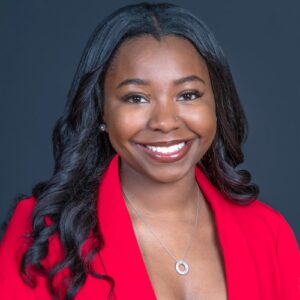 Albani Berryhill: Albani Berryhill serves as the Communications Partner at Caring for Denver Foundation, which works to better mental health and substance misuse outcomes in the Denver community. Hailing from Villa Rica, Ga., she earned her undergraduate degree in Communications Studies with a minor in Spanish from Georgia Southern University. Recently, she attained her Master’s in Strategic Communication from the University of Denver. During her time at the University of Denver, Albani served as a Teaching Assistant in the Media, Film, and Journalism Studies Department and completed internships with the Women’s Foundation of Colorado and Colorado Photographic Arts Center, specializing in digital marketing and social media management.
Albani Berryhill: Albani Berryhill serves as the Communications Partner at Caring for Denver Foundation, which works to better mental health and substance misuse outcomes in the Denver community. Hailing from Villa Rica, Ga., she earned her undergraduate degree in Communications Studies with a minor in Spanish from Georgia Southern University. Recently, she attained her Master’s in Strategic Communication from the University of Denver. During her time at the University of Denver, Albani served as a Teaching Assistant in the Media, Film, and Journalism Studies Department and completed internships with the Women’s Foundation of Colorado and Colorado Photographic Arts Center, specializing in digital marketing and social media management.
From her high school days onwards, Albani has been actively involved in community service, dedicating her time to youth coaching, mentoring, and tutoring. Her passion extends to mental health, wellness, and recovery, reflecting in her commitment to making a positive impact on the world and those around her each day.
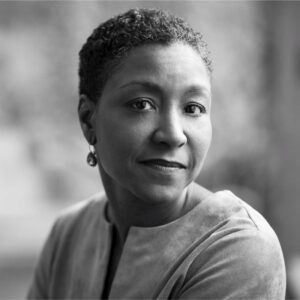
Benny Samuels: Benny Samuels is a seasoned multicultural, multi-lingual leader in health, human service, and social change. Presently, she serves as President of AYA Foundation, Colorado’s first Black-serving community foundation.
In her 35-year career, she has led transformational programs that have resulted in increased access, equity, voice, and power (in the form of self-sufficiency) for children, families, and communities, with an intentional emphasis on supporting communities of color and those living in poverty and furthest from opportunity across Colorado and nationally. Accomplishments in her career include the Statewide Colorado Family Planning Project, which reduced unintended pregnancies in Colorado by 40% in four years. Benny also implemented the W.K. Kellogg Foundation multi-million-dollar grant investment and flagship national demonstration project, Community Voices, enrolling thousands of children in the Child Health Plan Plus and uninsured adults into Medicaid and the Colorado Indigent Care Program.
More recently, Benny served as the chief marketing officer and chief operating officer for Nurse-Family Partnership, where she led the operations of a $56 million investment to scale the model by making it accessible to thousands of first-time mothers living in poverty through a national, cultural– and age-responsive marketing campaign and business development strategy.
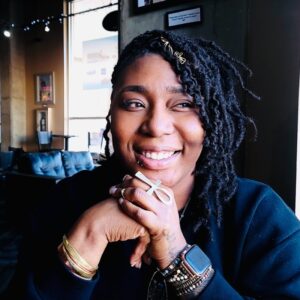
Dianne Myles : Dianne Myles is the CEO of Dope Mom Life. Dianne found her passion for storytelling and community. Her team fulfills the company’s mission daily to tell authentic, impactful stories that shift viewers’ perspectives and garner engagement. Dianne’s life experiences have given her a unique opportunity to be a powerful messenger and connector. Dianne prioritizes spending time with her two adult children, DJ and Tiara, who attend CU Denver, as they are her world. She also spends countless hours volunteering for organizations and serving on boards. Dianne is also a celebrated business leader in the community, having won several awards, including a Heartland Emmy.
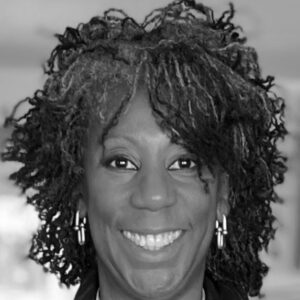
Sylvia Lambe: Sylvia Lambe, the CEO of Lambe PR, is a public relations expert and an accomplished BBC journalist with an insightful skill for impactful storytelling. Her rich background in media and communications, coupled with her award-winning tenure as a radio producer in London, has equipped her with a unique perspective on driving meaningful change through tactical messaging. Sylvia is recognized in Denver, for her dedication to amplifying marginalized voices and her commitment to integrity in journalistic storytelling.
At Lambe PR, Sylvia leads comprehensive media and marketing campaigns for diverse nonprofit and public sector organizations, consistently delivering impactful content and media coverage to engage and inform communities. Her career highlights include pioneering brand awareness strategies for organizations like Black Pride Colorado and Juneteenth Music Festival.

Tasha Jones: Tasha Jones champions the development of integrative marketing strategies meticulously tailored to amplify the significance of diversity, equity, inclusion, and belonging. With an unyielding commitment to storytelling through an inclusive perspective, she brings forth the power of representation by embracing the tapestry of lived experiences and voices from a myriad of identities.
In addition to her vast marketing experience, Tasha has carved a niche as a distinguished executive coach, empowering leaders to navigate their professional journeys with clarity and conviction. She has masterminded an executive session titled “Boldly Forward: Leading with Impact.” This immersive experience is designed to guide participants in charting their imminent career milestones, employing what she refers to as the “Focus Four Principles.” These principles, ingeniously extrapolated from corporate fiscal strategies, serve as a compass to align individual aspirations with organizational goals.

About the Author:
Mikhail Talley (she/her) is a recent graduate from Colorado State University, where she received her degree in Journalism & Media Communication. With a non-traditional path towards graduation, while finishing school she worked in live music marketing before realizing her true passion lay in communication for change landing public relations/digital marketing roles with notable non-profit organizations, Denver Rescue Mission, Cancer Support Community, and Colorado Youth for a Change. Mikhail uses her passion for community advocacy to aid in pushing forward mission-driven projects, emphasizing the need to give those who feel voiceless the opportunity to be heard.
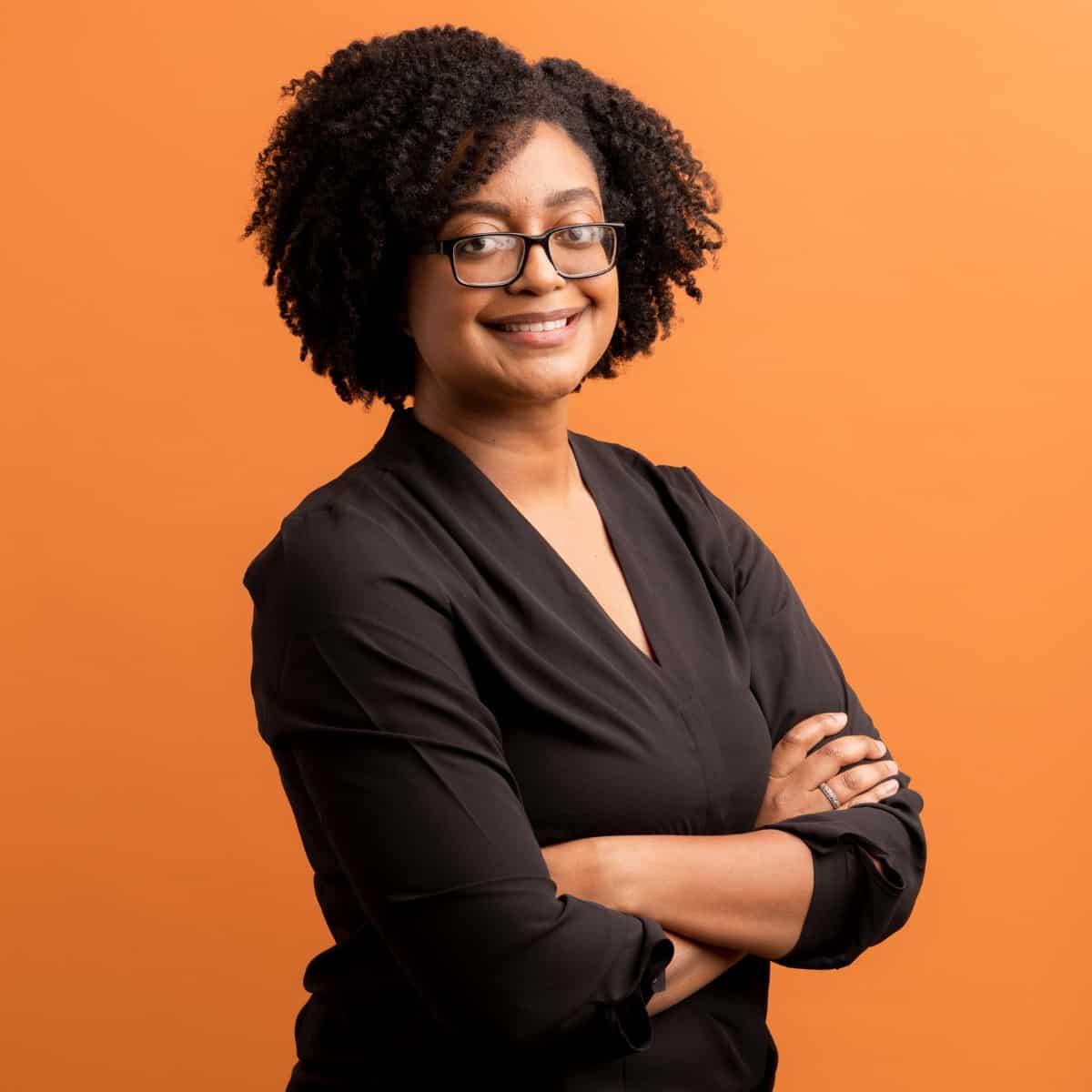
About the Author:
Cat Lyons (she/her) began her career in the non-profit sector, supporting positive behavior change across many issue areas. She has served as the main point of contact for a variety of SE2’s large publicly funded projects including the Colorado Department of Public Health and Environment, Behavioral Health Administration, and Jefferson County Public Schools. She has an MBA in marketing from the University of Colorado/Colorado Springs and a bachelor’s degree in marketing from Colorado State University. She lives in North Commerce City, Colorado with her husband, Danny, their two cats and one dog.


